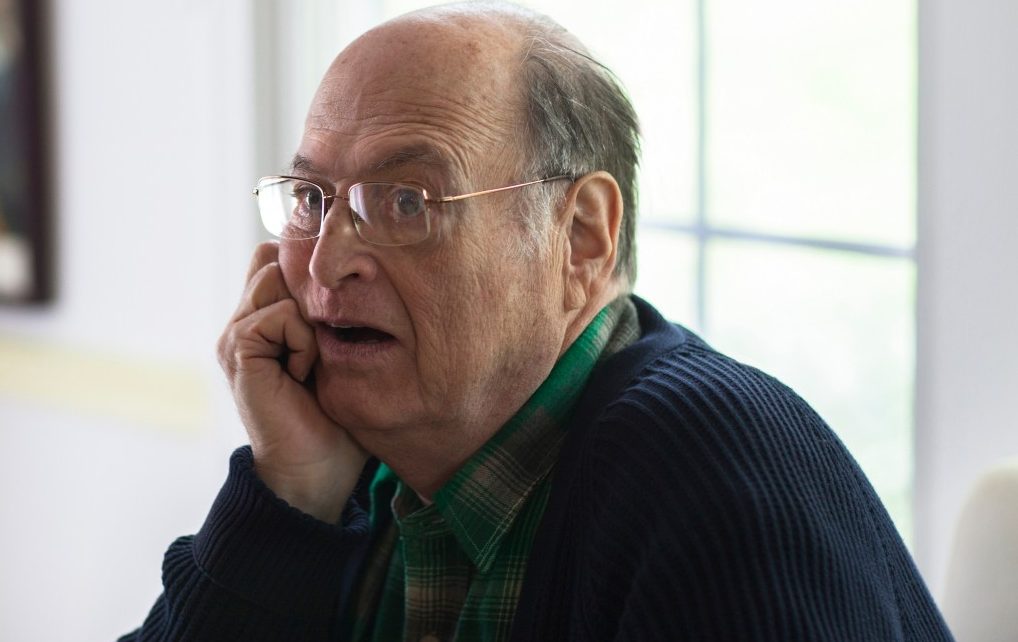Doctors Should Reduce Some Medicines in the Elderly

Drug over treatment for high blood pressure and blood sugar is especially serious in older adults. Talk to your loved one's doctor if you think they may need less.
High blood pressure and high blood sugar are risky, but medication can control them. For some older people, however, such drugs become unnecessary or dangerous.
Over treatment for high blood sugar
The HbA1c number on a blood test indicates your blood sugar levels averaged over two to three months. For adults generally, the goal is to stay under 6.5.
Older patients need close monitoring, however, as their blood sugar and pressure levels can fall sharply. Dips can be dangerous, triggering dizziness, falls, and confusion. Medical groups recommend HbA1c blood sugar targets from 7.5 to 9 in frail elders.
YOU MIGHT ALSO LIKE: Medication Safety for Seniors
Yet too often older people are overtreated, according to a seven-year study of nearly 7,500 nursing home residents diagnosed with type 2 diabetes. Researchers found that 17 percent were receiving insulin, an aggressive treatment, despite a HbA1c lower than 6.5, the baseline for a type 2 diabetes diagnosis.
During their nursing home stay, doctors reduced insulin for 27 percent of the patients — meaning the majority continued to receive possibly dangerous medication they didn’t need. Another group were being treated for diabetes despite HbA1c levels below 7.5 and advanced age. Doctors cut medication for even fewer of those patients.
Over treatment may be most common among residents with dementia, especially severe cases, according to a separate overview.
Over treatment of blood pressure
Medication prevents strokes and heart disease in older high-risk patients, and about half of patients aged 80 years or older have a prescription for their blood pressure.
One British study identified patients aged 80 and up with mild high blood pressure who were taking two medications. The researchers removed one of the drugs in half the patients, while a control group stayed on their usual regime. At the end of 12 weeks, the patients had similar blood pressure levels.
Separate U.S. research with patients aged 60 to 80 concluded that many people can safely stop taking blood pressure medication entirely — if they also reduce their salt intake and lose weight.
Many older people take medication to lower both their blood sugar and blood pressure. One study followed more than 200,000 patients aged 70 and up who were receiving a diabetes remedy more powerful than metformin, the entry-level drug. They also were on active medication for blood pressure (which meant something other than ACE or ARB inhibitors).
Researchers identified people who had achieved healthy blood sugar and blood pressure levels. Over a year, doctors cut the medication in only 27 percent of them. For some, the drugs may have been dangerous as well.
Controlling high blood pressure and blood sugar levels over many years reduces the risk of strokes, heart attacks, nerve damage, kidney failure, and other health problems.
With age, needs change. Some people need a smaller dose or should be taken off the medication entirely, observes lead author, University of Michigan researcher Jeremy Sussman, MD.
"Every guideline for physicians has detailed guidance for prescribing and stepping up or adding drugs to control these risk factors, and somewhere toward the end it says 'personalize treatment for older people,'" he noted. "But nowhere do they say actually stop medication in the oldest patients to avoid hypoglycemia (low blood sugar) or too-low blood pressure."
In related research, a survey of nearly 600 doctors in the Veterans Affairs (VA) health system asked if they would lessen aggressive drug treatment for a fictional 77-year-old man with type 2 diabetes and low blood sugar levels that put him at risk of a blood sugar dip (hypoglycemia).
Although the VA system is actively encouraging doctors to recognize the risk, the research revealed that only about half of them would adjust his medication.
If you are a senior taking medications for diabetes or high blood pressure, or if you are someone helping care for an elder relative, don’t stop or change any prescribed drugs on your own. But ask doctors to reevaluate regularly.
Updated:
January 23, 2024
Reviewed By:
Christopher Nystuen, MD, MBA and Janet O'Dell, RN